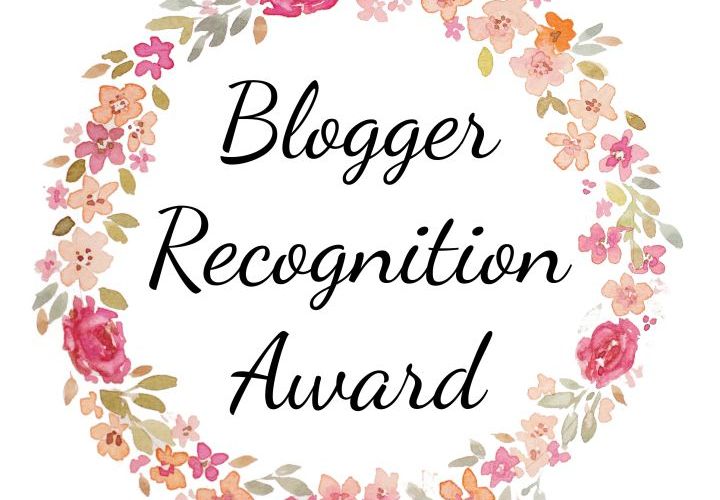Jeanette at My Life with PTSD & Bipolar: Mental Health Matters kindly nominated me for
Write a brief story about how your blog began. I’ve been running The Dissociated Press for five years now (holy cats, time flies!) and have been documenting my journey to mental health–or at least, relative stability and improved daily functioning. When I started this blog in 2013, my life was a total mess. I was in an unhappy marriage and missing a lot of work because I was freshly diagnosed with bipolar 1 and adjusting to my new medications. I ended up losing that job, which was a major low point.
There have been a lot of low points throughout my blog-writing history, but things have dramatically improved in the last couple of years. I escaped from that unhappy, unsupportive marriage, enrolled in graduate school for clinical mental health counseling at a great school, and got engaged to a lovely, wonderful man.
I still hit depressive episodes from time to time, but unlike my pre-medication, bad relationship days, I take comfort in the knowledge that my life is so much better than I ever could have imagined. I have a wonderfully supportive partner, and his family is incredibly encouraging of me sharing my journey. My classmates have expressed appreciation for my candor, and I’ve been able to help a lot of people through my disclosures.
Advice for new bloggers is something I haven’t really thought about, but my main piece of advice is to write for yourself first and foremost. TDP has evolved over time–at first, it was a place for me to get my thoughts and experiences out into the ether in hopes of finding others who were also struggling.
Also, I like to focus on and directly address my readers as a group in my posts and always try to end a post with a positive thought or insight. It prevents the blog from feeling dreary and helps promote the overall message: recovery is possible, and recovery never looks the same for everyone. Your journey matters. Your message matters. Your experiences matter.
As I’ve gotten healthier and stopped focusing so much on my illnesses (which are still a main focal point of the blog, albeit in a different way), I realized that my relatively small following was a great audience for information about the stigma surrounding mental illness.
I realized that everyone, but especially others living with my specific conditions (PTSD with depersonalization/derealization and rapid-cycling type 1 bipolar disorder) could benefit from learning about the latest news and treatment options. I’m building up quite the library of scholarly articles and studies, and if there’s enough interest, I plan to post a few quick-and-dirty rundowns of them.
Again, I can’t thank Jeanette for this nomination–it came out of nowhere and I feel very honored about the whole thing and appreciate being recognized for my work. Validation and recognition for what I’m doing always feels nice! Also, the badge image is really cute.
My Picks for Nomination:
Bloomin’ Uterus (a blog about endometriosis, which I also have)
Ruth at PTSD – Accepting, Coping, Thriving



